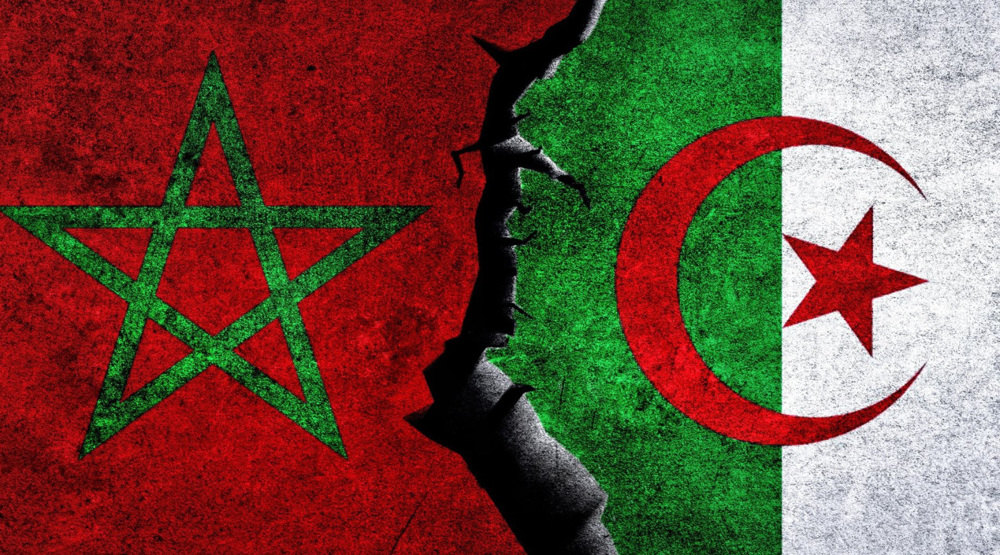AhlulBayt News Agency: The normalization of relations between Morocco and the Israeli regime is one of the primary causes for the diplomatic standoff between Rabat and Algiers, according to a political commentator.
As tensions remain high between Algeria and Morocco due to Rabat’s claim of sovereignty over Western Sahara, Morocco’s imperialistic policy, like that of the Israeli regime, is fueling a deep-rooted crisis between the two nations, Eric Walberg told Press TV in an interview on Monday.
The decades-long hostility between the two North African countries is predominantly related to the desire for self-determination of the Polisario Front, which is supported by Algeria and opposed by Morocco.
Morocco considers Western Sahara, once a Spanish colony, an integral part of its territory and key to regional influence.
In 1975, following colonial Spain's withdrawal from the region, a bitter 15-year war broke out between the Polisario and Morocco for control of the territory.
Walberg, speaking on the weekly show 'Africa Today', said Morocco’s stance on the status of Western Sahara has a similar justification as the Israeli regime's occupation of Palestine.
Morocco is insisting on sovereignty over Western Sahara “just as Israel is doing with the settlements in the West Bank, … and that is why Morocco is so easily brought into Israel's sphere of influence and now recognizes Israel and supports Israel's imperialistic policy with respect to the Palestinians,” he said.
A cease-fire between Morocco and the Polisario Front lasted nearly three decades until hostilities resumed between the two sides in 2020.
In November 2020, then-US President Donald Trump recognized Moroccan sovereignty over Western Sahara in exchange for Rabat normalizing its relations with the Tel Aviv regime.
It damaged Morocco’s standing with the Polisario Front and its Algerian supporters. Diplomatic relations between Rabat and Algiers broke off in 2021.
Walberg said Morocco's normalization of ties with the Israeli regime was a “tipping point” that contributed to increased tensions with Algeria.
“Algeria is standing up for real international order, not the Western democracy and so-called rule of law, which is the US hegemony,” he asserted.
“That is not the rule of law that Algeria fights for,” he noted, adding that Algeria is fighting for its independence and wants the United Nations to play a more responsible role in resolving issues, rather than allow the US and France to interfere.
A recent football row between the two countries brought the bitter rivalry between them to the forefront once again.
Morocco withdrew from the African Nations Championship, held in Algeria, hours before the tournament began on January 13, citing a lack of permission to fly directly from Rabat to the Algerian city of Constantine and refusing to travel by an indirect route.
Moroccan aircraft have been banned from entering Algerian airspace since August 2021 after Algiers broke off relations with the neighboring country.
As tensions between Morocco and Algeria have risen lately, a heightened risk of armed conflict is also rising.
Walberg called the situation “serious” saying that Morocco and its unilateral actions are “continuing to be a problem for the whole region.”
/129
25 January 2023 - 04:58
News ID: 1340910

The normalization of relations between Morocco and the Israeli regime is one of the primary causes for the diplomatic standoff between Rabat and Algiers, according to a political commentator.
